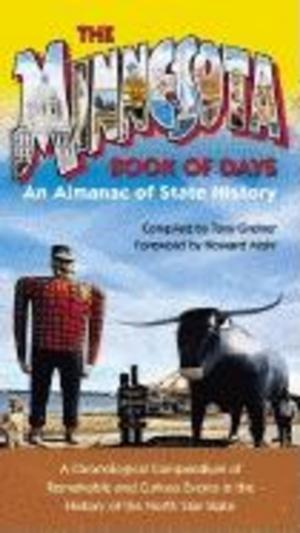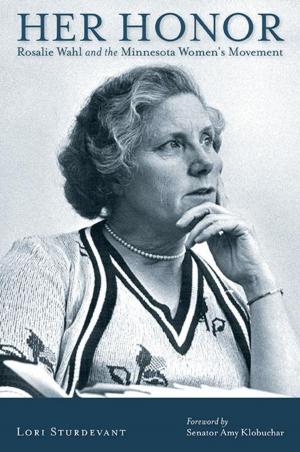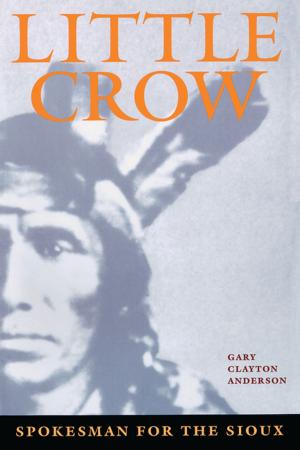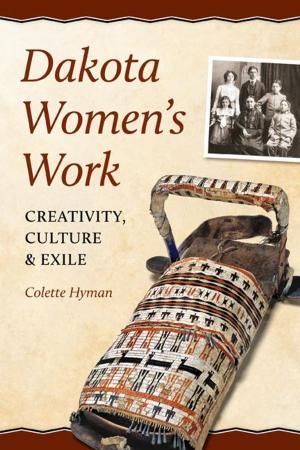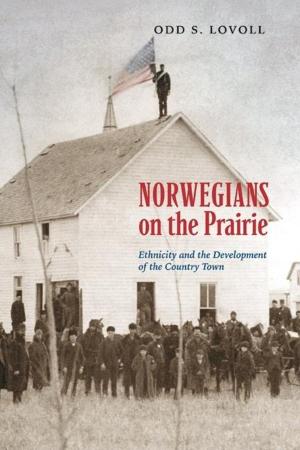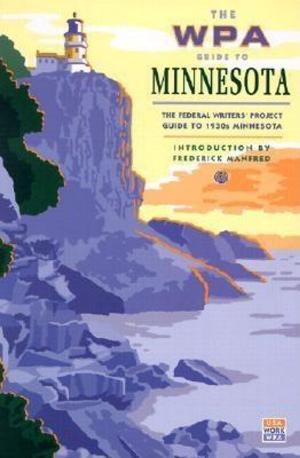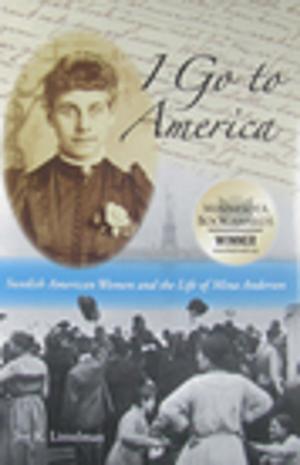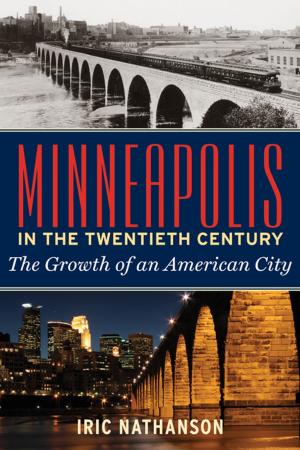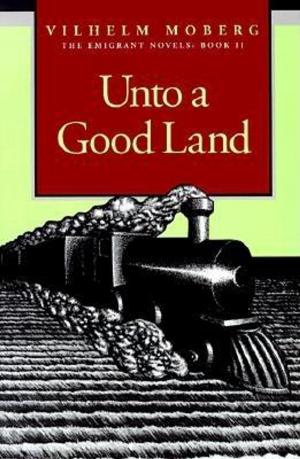Dakota Philosopher
Charles Eastman and American Indian Thought
Nonfiction, Social & Cultural Studies, Social Science, Cultural Studies, Native American Studies, Biography & Memoir| Author: | David Martinez | ISBN: | 9780873517317 |
| Publisher: | Minnesota Historical Society Press | Publication: | July 24, 2009 |
| Imprint: | Minnesota Historical Society Press | Language: | English |
| Author: | David Martinez |
| ISBN: | 9780873517317 |
| Publisher: | Minnesota Historical Society Press |
| Publication: | July 24, 2009 |
| Imprint: | Minnesota Historical Society Press |
| Language: | English |
Charles Eastman (1858–1939) straddled two worlds in his life and writing. The author of Indian Boyhood was raised in the traditional Dakota (Sioux) way after the upheaval of the 1862 U.S.–Dakota War. His father later persuaded Ohiyesa to take a white name, study Christianity, and attend medical school. But when Eastman served as a government doctor during the Wounded Knee massacre, he became disillusioned about Americans' capacity to live up to their own ideals.
While Eastman's contemporaries viewed him as "a great American and a true philosopher," Indian scholars have long dismissed Eastman's work as assimilationist. Now, for the first time, his philosophy as manifested in his writing is examined in detail. David Martínez explores Eastman's views on the U.S.–Dakota War, Dakota and Ojibwe relations, Dakota sacred history, and citizenship in the Progressive Era, claiming for him a long overdue place in America's intellectual pantheon.
Charles Eastman (1858–1939) straddled two worlds in his life and writing. The author of Indian Boyhood was raised in the traditional Dakota (Sioux) way after the upheaval of the 1862 U.S.–Dakota War. His father later persuaded Ohiyesa to take a white name, study Christianity, and attend medical school. But when Eastman served as a government doctor during the Wounded Knee massacre, he became disillusioned about Americans' capacity to live up to their own ideals.
While Eastman's contemporaries viewed him as "a great American and a true philosopher," Indian scholars have long dismissed Eastman's work as assimilationist. Now, for the first time, his philosophy as manifested in his writing is examined in detail. David Martínez explores Eastman's views on the U.S.–Dakota War, Dakota and Ojibwe relations, Dakota sacred history, and citizenship in the Progressive Era, claiming for him a long overdue place in America's intellectual pantheon.



